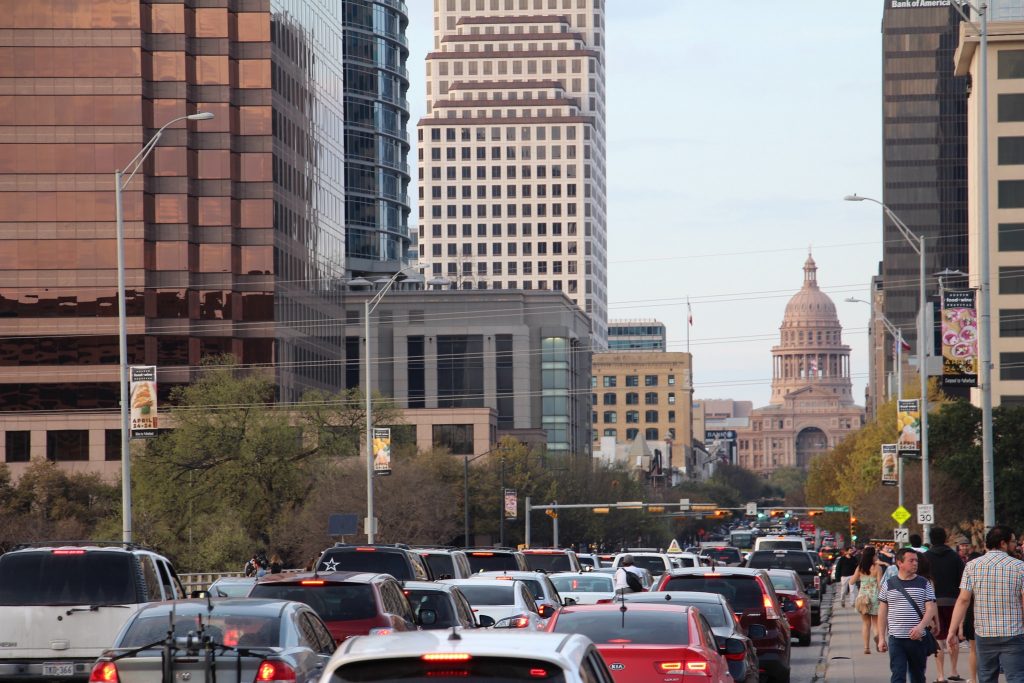Technology is central to our lives. But you wouldn’t know it by listening to the candidates.
By Kish Rajan
This week’s debate between vice presidential candidates Mike Pence and Tim Kaine was the second time we’ve seen candidates come together on the national stage to discuss the issues. For the second time, technology was basically left out of the conversation.
I guess that shouldn’t have come as a huge surprise. This year’s election, more than any other I can remember, has been more about emotion than substance. The most important issues seem to be getting pushed to the sidelines in favor of personal jabs.
But I can’t help feeling disappointed. These debates have been a real missed opportunity. Tech is quickly becoming the driver of our economy. According to the government’s Bureau of Labor Statistics, STEM jobs are growing at 13% per year, faster than any other sector. Tech jobs pay some of the highest wages, and for every new tech job, 4.3 more jobs are created in other fields thanks to the multiplier effect, according to the Bay Area Council.
At the same time, tech is decimating some industries and forever changing the nature of work. As technology makes everything from buying our groceries to writing news stories easier, traditional jobs are being lost and they’re not coming back. This is something our leaders need to face head on.
In the first debate, Hillary Clinton made a glancing reference to the power of innovation to create new jobs, but it was far from enough.
There’s a lot at stake in this election. In order to help grow the technology industry and protect workers, we need to modernize tax policies, come up with new strategies for education and workforce development, increase access to capital to start new businesses and reform regulations. These issues need to become part of the conversation.
Immigration is top of mind for many tech entrepreneurs but not in the way the candidates talk about it. Silicon Valley doesn’t want to keep immigrants out; it wants to let them in. The leaders in the Bay Area want to make it easier for entrepreneurs and engineers to cross our borders so new companies can be founded and others can hire the best and the brightest, no matter what country they’re from.
Then there is the sharing economy — I call it the Personal Enterprise Economy — which is growing in leaps and bounds. Companies such as Uber, Airbnb and Task Rabbit are remaking the economy in incredibly fundamental ways. A job is no longer for life; that’s just reality. These new companies are opening up new opportunities for people who may be underemployed or who just want more flexibility to control their own work life.
That doesn’t mean we don’t need regulations here to protect both workers and consumers. The choices the government makes about those regulations will have an enormous impact on whether or not this industry and its workers thrive.
And this new, tech-driven, future of work means that we need to rethink things such as tax breaks and benefits. Obamacare was a good start in that it gave everyone the chance to get health care without having to stay beholden to a specific employer. But we need to go further. More benefits need to be portable, sticking to the worker not the employer. We need to talk about things like wage insurance and evolving our tax code to reflect the changing nature of work.
There’s also the digital divide, a serious problem that is rarely publicly discussed among elite politicians. While at the top end of the economic scale people have access to iPhones, lightning-fast broadband and the newest whiz-bang wearables, too often people at the bottom are struggling with dial-up service if they have any access to the internet at all.
In order for this lower-income group to thrive, they need to be able to have steady broadband access, not just to be able to keep in touch with loved ones and take advantage of growing entertainment opportunities. This is much-needed technology that will allow them to apply for jobs, get online training and access benefits that are increasingly going digital.
Closing this divide needs to be a priority for our government. It would be great if our next president acknowledged this and talked about ways to fix the problem.
Technology can help create new jobs and move the economy forward but it can also leave people behind in its wake. We need to be dealing with both sides of the issue.
There are two more debates on the schedule. I’ll be watching next Sunday’s town hall closely to see if the candidates talk more about technology. I hope they will. Personal insults and clever one-liners are great for reality TV. But they don’t help much when it comes to leadership.





